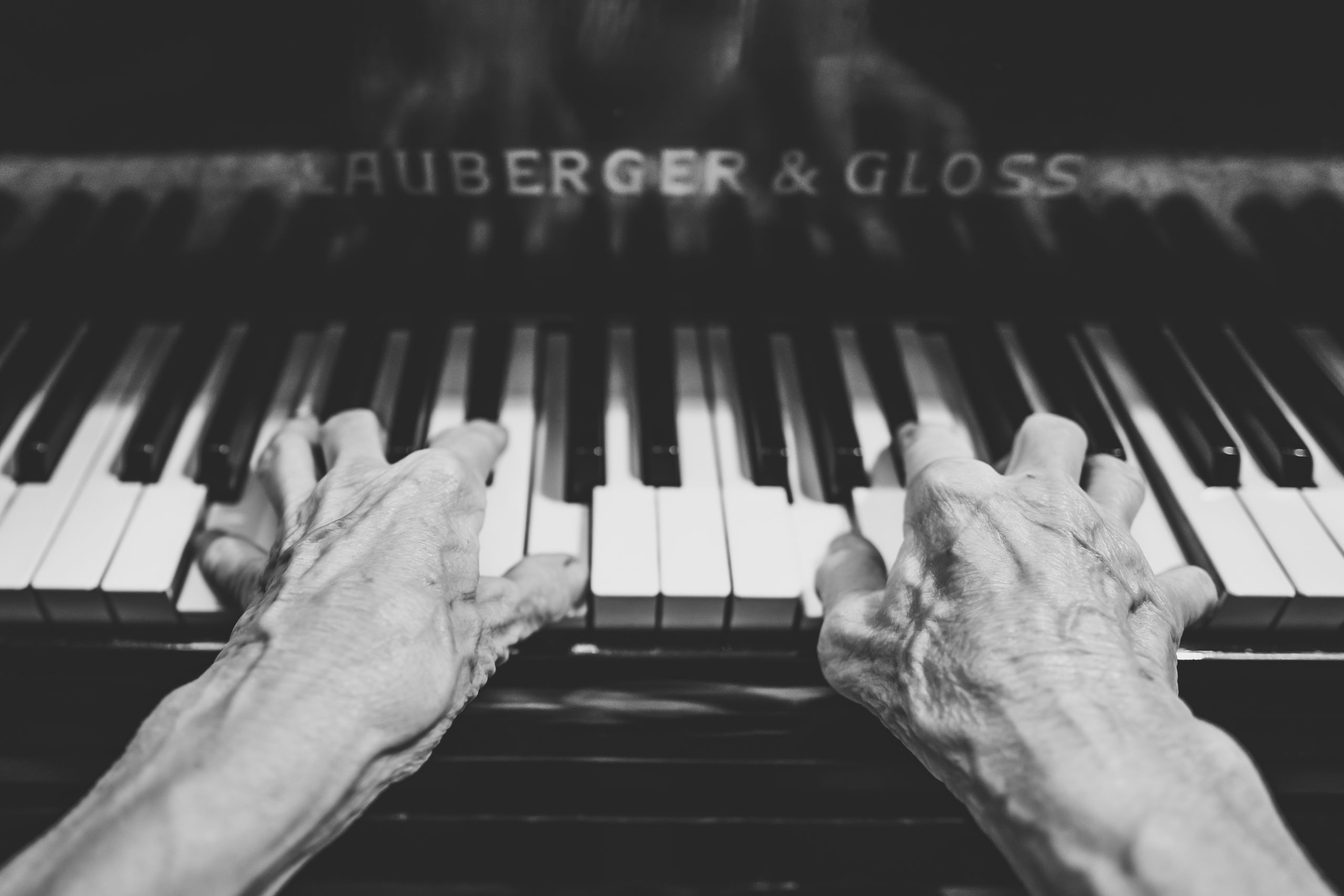I met Worthy in my mind in 2004. My daughter was four. I had a great career but a tough marriage. My Southern roots were tugging at my soul. I’d been wandering for nearly fifteen years. It was not until 2007 that Worthy would actually take on enough of a personality and mission to become real to me as a character.
Worthy represents a commitment to never giving up hope and never giving up on a search for truth and justice.
Worthy is in many ways a composite of the girl I wish I could have been. She might be a little bit that way for you. She’s got grit, won’t back down, speaks the truth, believes in herself, won’t sell herself out, and she’s scared in the middle of it all.
Of course, nothing Worthy wants comes easy to her, and since this is Southern literary fiction there’s racing, moonshine, mules, and a host of eccentric characters.
Along the way, Worthy encounters the same archetypes we all do in life. Whether building up or tearing down, they all represent a challenge and choice to either persevere or give up. Until she was willing to literally die for the truth, she was just another poor, beaten down girl with hollow dreams.
This book is dedicated to my Uncle Raymond Fuquay. He was an amazing teller of scary, odd, exhilarating, funny, and mysterious stories. He turned me on to the history of the Melungeons of Rockingham County.
Melungeons are a people with red, white, and black blood whose roots run back to the late 1500s and our very own Lost Colony.
He gave me a few threads, I picked them up and for the next few years became deeply enthralled with the history of Rockingham County, the Lost Colony, and the NC coastal Indians.
Many of the scenes in WORTHY are based on stories told to me by UR. The characters are fictional but they remind me of people I either knew from growing up or heard about from stories told by my family members.
In promoting the story, I make a pretty audacious claim: We need her alternative views on race more than ever.
After Worthy’s father is accused of murder, she begins a journey that forces her outside of the life she’s known. Eventually she comes to see that color, gender, talent, and economic condition creates distinctions among people, but it is not what defines their life purpose or outcome.
Skin color can be one man’s advantage and another man’s handicap. Money might buy a man’s way into high-society one day, but the next it is the source of his death. Beauty might get a woman into the house of a wealthy man, but it does not always make her happy.
Your feedback and reviews are of most value to me.

